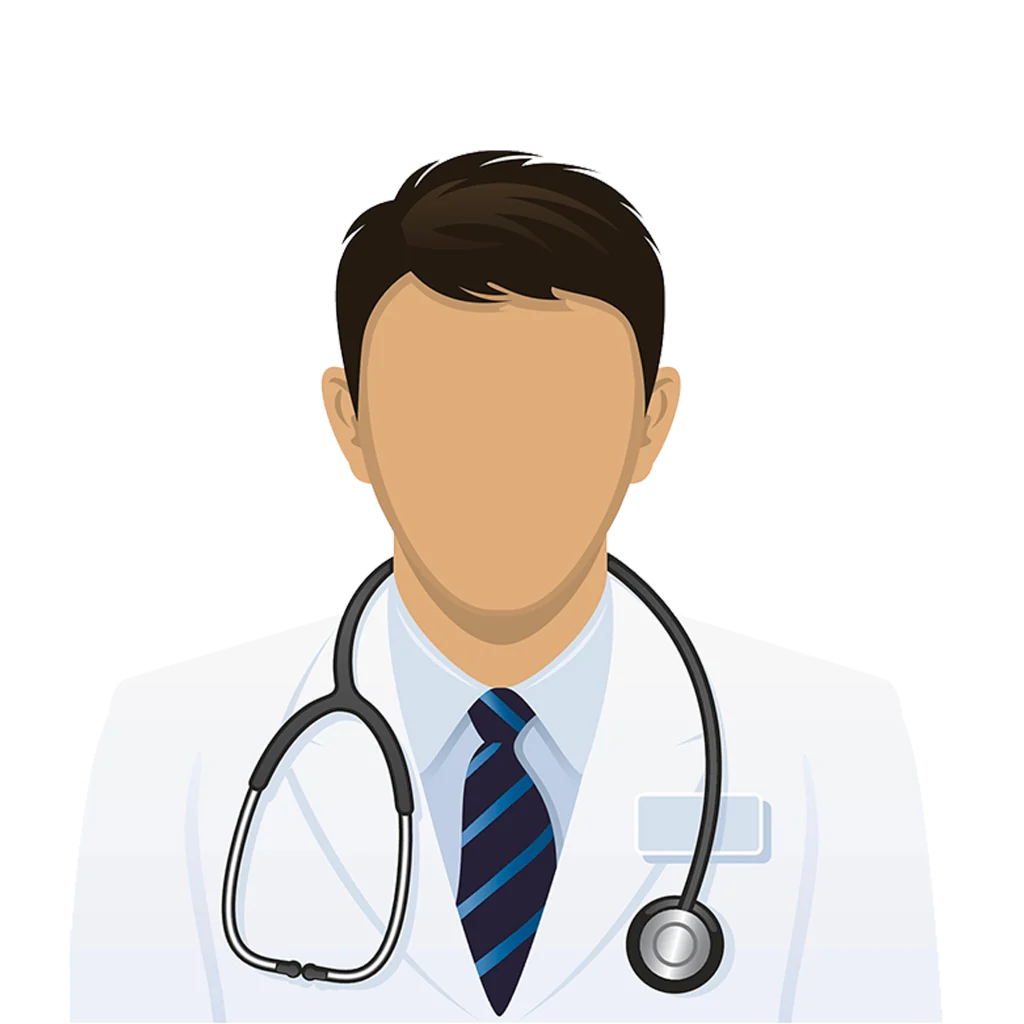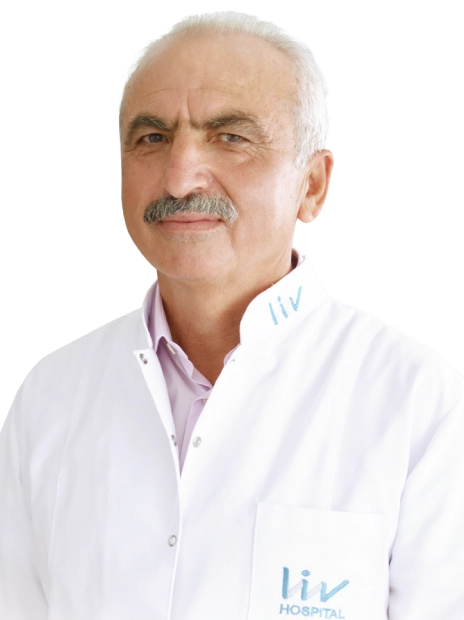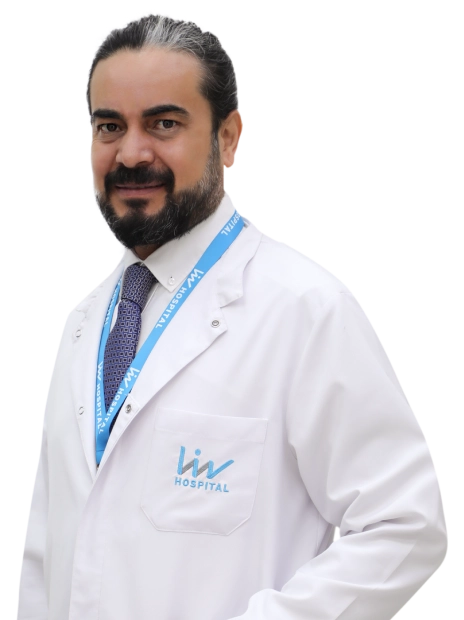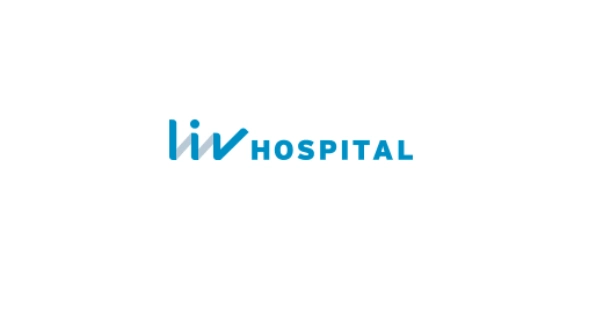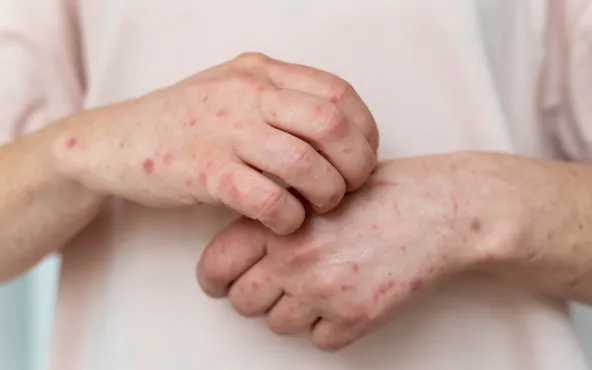Infectious Diseases: Symptoms, Treatment, and When to See an Infectious Disease Doctor
Infectious diseases are illnesses caused by microorganisms such as bacteria, viruses, fungi, or parasites. These infections can spread from person to person, through contaminated food or water, via animal or insect bites, or from environmental exposures.
As a patient, it can be hard to know when an infection is minor or when it needs specialized care. Our clinic’s infectious disease specialists diagnose complex infections, select the right treatments (including antibiotics, antivirals, antifungals, and antiparasitics), and help prevent complications like sepsis.
Common symptoms include fever, chills, cough, sore throat, shortness of breath, diarrhea, abdominal pain, fatigue, muscle aches, rashes, and non-healing wounds. Seek urgent care for high fever, confusion, difficulty breathing, severe dehydration, rapidly spreading skin redness, or signs of sepsis (fast heart rate, fast breathing, extreme weakness, low blood pressure).
Our goal is to treat the infection quickly, protect your organs, and prevent spread to family and the community. We coordinate with your primary care physician and, when needed, with hospital teams to deliver seamless care close to home.
What Is an Infectious Disease? Definition, Common Examples, and Prevention
An infectious disease is a clinical condition resulting from infection by a pathogenic organism that multiplies in the body and triggers symptoms. Common examples include influenza, COVID-19, pneumonia, urinary tract infection (UTI), skin and soft tissue infections (like cellulitis and abscess), tuberculosis, hepatitis, HIV, and gastrointestinal infections such as C. difficile and salmonella. Some infections are acute and resolve with short courses of medication; others are chronic or recurrent and need long term management by an infectious disease physician.
How infections spread:
- Respiratory droplets and aerosols: Colds, flu, COVID-19, and other respiratory tract infections.
- Contact and skin injuries: MRSA and other staph infections can enter through cuts.
- Fecal oral route: Foodborne and waterborne illnesses.
- Blood and body fluids: Hepatitis B and C, HIV.
- Vectors: Mosquitoes and ticks transmit diseases like malaria and Lyme disease.
- Healthcare exposure: ESBL-producing bacteria, VRE, and other multidrug-resistant organisms may be acquired during hospital stays or procedures.
Prevention strategies:
- Vaccination against influenza, COVID-19, pneumonia, hepatitis, and other vaccine preventable diseases.
- Hand hygiene and safe wound care.
- Food safety (proper cooking and refrigeration).
- Masking during outbreaks and staying home when ill.
- Safe sex and safe injection practices.
- Travel medicine guidance, including vaccines and malaria prophylaxis.

Infectious Disease Doctors Near Me: How Specialists Diagnose and Treat Infections
Patients often search “infectious disease doctor near me” when symptoms don’t improve, antibiotics aren’t working, or when a hospitalist recommends a specialist. Infectious disease doctors (ID specialists) complete advanced training to diagnose, treat, and prevent complex infections. They also manage antibiotic stewardship to avoid unnecessary antibiotics and reduce resistance.
What to expect at your visit:
- Detailed history: Symptoms, travel, exposures, pets, work, recent procedures, and medication/allergy review.
- Targeted exam: Skin, lungs, abdomen, surgical sites, lines/catheters, dental health.
- Diagnostic testing: Blood work, cultures from blood, urine, sputum, or wounds, molecular tests like PCR, imaging such as X-ray, ultrasound, or CT, and sometimes procedures to collect samples if needed.
- Tailored treatment: Evidence-based choice of antibiotics or antivirals, correct dosing, duration, and monitoring for side effects.
- Prevention plan: Vaccinations, wound care education, infection control at home, and follow up monitoring.
When to consider an ID specialist:
- Recurrent or severe infections.
- Hospital acquired infections or infections with drug-resistant organisms.
- Non healing wounds, bone and joint infections, or implanted device infections.
- Fever of unknown origin.
- Complex lung or respiratory infections not improving as expected.
- Need for outpatient IV antibiotics (OPAT).
MRSA and ESBL: Causes, Symptoms, and Patient Safety Tips
MRSA (methicillin-resistant Staphylococcus aureus) and ESBL (extended-spectrum beta-lactamase producing bacteria like E. coli or Klebsiella) are common multidrug-resistant organisms. They can cause skin and soft tissue infections, urinary tract infections, bloodstream infections, and pneumonia.
Risk factors include recent hospitalization, dialysis, long-term catheter use, recent antibiotics, crowded living conditions, and contact sports.
Symptoms depend on the site: painful red skin boils or abscesses (MRSA), burning urination or flank pain (ESBL UTI), cough and fever (pneumonia), or fever with chills (bloodstream infection). Diagnosis involves cultures and sensitivity testing to identify the organism and determine which antibiotics will work.
Treatment may include oral or IV antibiotics targeted to the organism, drainage of abscesses, and removal or replacement of infected lines when necessary.
Patient safety tips:
- Do not share personal items like razors or towels.
- Keep wounds clean, covered, and dry.
- Finish the full course of prescribed antibiotics.
- Disinfect frequently touched surfaces.
- Practice hand hygiene before and after wound care.
- Inform your providers about prior resistant infections.
Lung Infectious Diseases and Respiratory Tract Infections: Signs, Risks, and Care
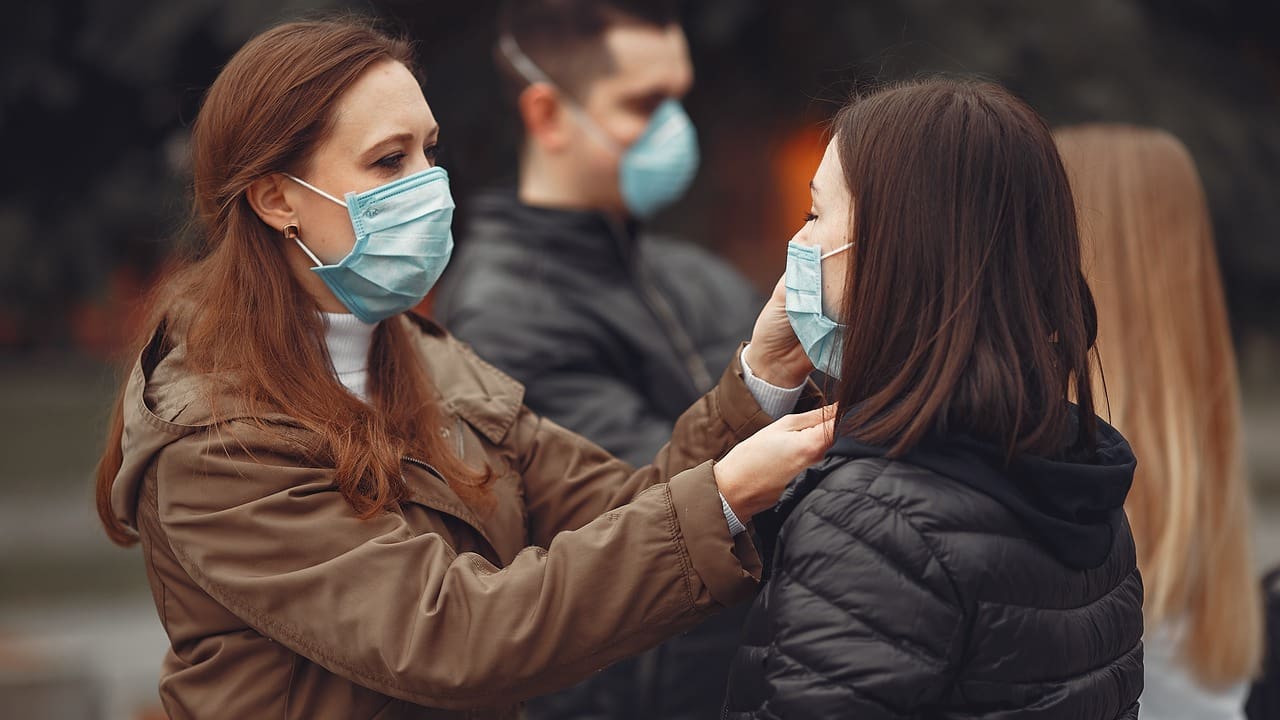
Respiratory tract infections range from viral bronchitis to bacterial pneumonia and tuberculosis.Symptoms can include cough, fever, chest pain, shortness of breath, wheezing, fatigue, and in some cases coughing up blood.
Higher risk groups include older adults, young children, pregnant patients, those with asthma or COPD, heart failure, diabetes, cancer, immune suppression, and those recovering from surgery.
Evaluation may include chest X-ray, pulse oximetry, nasal/throat swabs for PCR testing, sputum culture, and blood tests. Treatment depends on the cause: antivirals for flu or COVID-19 (when eligible), antibiotics for bacterial pneumonia, inhalers for airway inflammation, supportive care (hydration, rest), and oxygen if needed.
Prevention includes flu and COVID-19 vaccination, pneumococcal vaccination for eligible patients, smoking cessation, and good hand and cough hygiene.
Warning signs for urgent care:
- Fast or labored breathing.
- Oxygen saturation below your normal or below 92% if you have a pulse oximeter.
- Confusion, dizziness, or blue lips.
- Chest pain that worsens with breathing or coughing.
Emerging Infectious Diseases: What Patients Should Know Right Now
Emerging infections are diseases that are new or increasing in incidence, often due to changes in the environment, travel, animal reservoirs, or microbial evolution. Recent examples include new variants of respiratory viruses and outbreaks linked to food chains or international travel.
While headlines can be alarming, the practical steps remain consistent: stay current on vaccinations, practice hand hygiene, follow travel medicine advice, and seek evaluation if you develop fever, rash, or respiratory symptoms after travel.
Our infectious disease specialists monitor public health alerts and coordinate closely with local hospitals, laboratories, and health departments. If there is an uptick in community respiratory tract infections or gastrointestinal outbreaks, we adjust testing strategies, offer timely antiviral or antibiotic therapy when indicated, and provide patient education to reduce spread.
If you are planning travel, a pre travel consultation can assess risks based on destination, duration, and planned activities. We can prescribe vaccines, malaria prophylaxis, and provide a travel kit checklist, including standby medications when
appropriate.
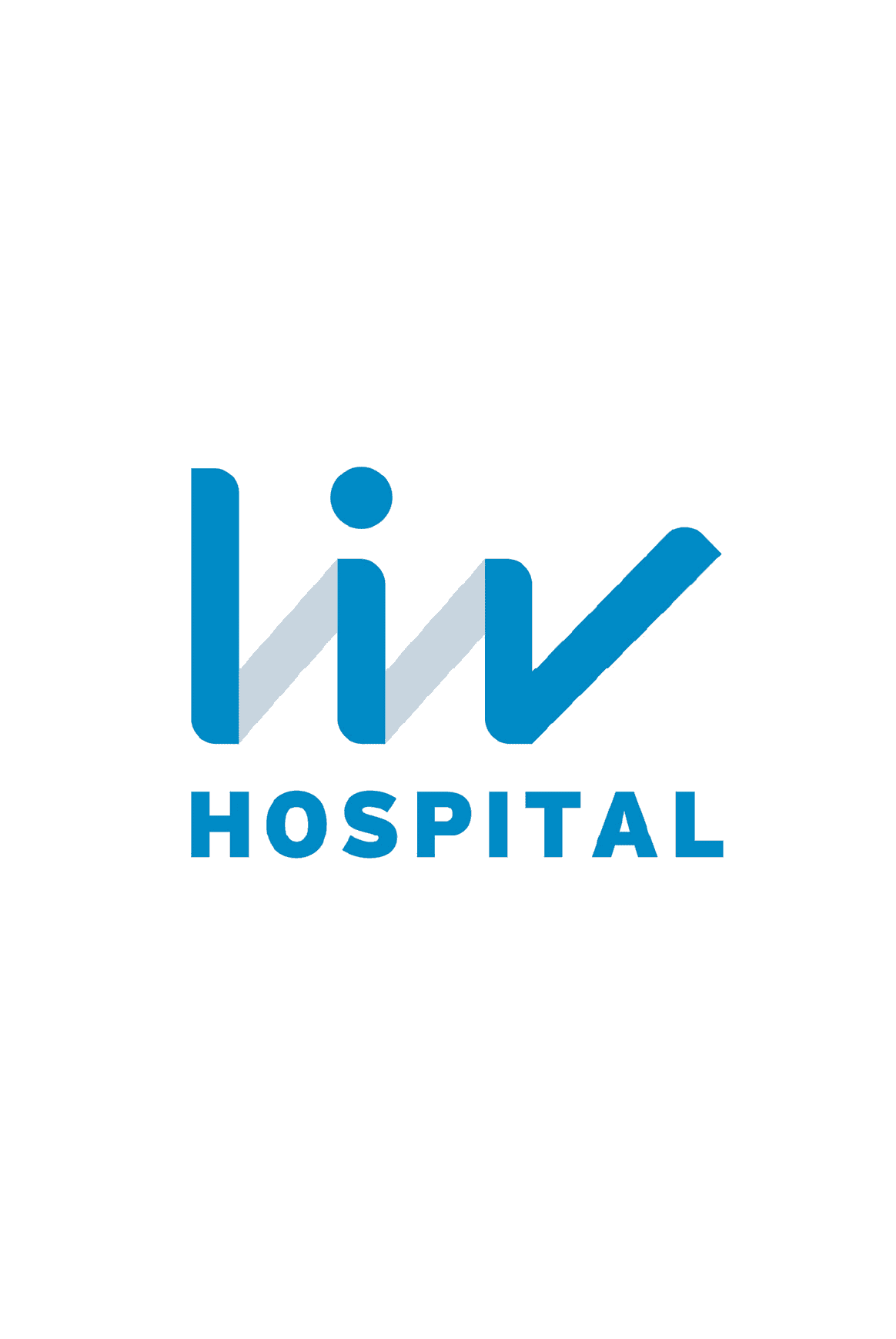
In our Infectious Diseases service, our specialists use advanced diagnostic labs, targeted therapies and infection-control measures. We are dedicated to protecting you from disease, managing complex infections and supporting your recovery.
Sepsis From Infectious Diseases: Early Warning Signs and Life-Saving Care
Sepsis is the body’s extreme response to infection and is a medical emergency. It can follow common infections like pneumonia, UTIs, skin infections, or abdominal infections. Early signs include fever or very low temperature, chills, confusion, rapid heartbeat, rapid breathing, low blood pressure, low urine output, or severe weakness.
If you or a loved one shows these symptoms, call emergency services or go to the nearest emergency department immediately.
In the hospital, treatment includes rapid fluids, blood cultures before antibiotics, timely intravenous antibiotics, oxygen, and close monitoring. After discharge, our clinic helps prevent recurrence by addressing the original source of infection, optimizing chronic condition management (diabetes, heart failure), reviewing medications, and ensuring vaccinations are up to date. Recognizing early signs and seeking help quickly can be life-saving.
Antibiotics and Infectious Diseases: What Patients Need to Know About Safe Use
Antibiotics treat bacterial infections, not viruses. Taking antibiotics when they are not needed increases the risk of side effects and antibiotic resistance, which makes future infections harder to treat. Our infectious disease physicians prescribe antibiotics only when there is evidence of bacterial infection and choose the narrowest effective drug, dose, and duration.
Patient tips for safe antibiotic use:
- Do not pressure providers for antibiotics for colds or flu.
- If prescribed, take exactly as directed and complete the course.
- Report side effects like severe diarrhea, rash, or breathing difficulty immediately.
- Avoid leftover antibiotics and never share prescriptions.
- Ask if a delayed prescription or symptomatic care is the best option for mild illness.
- Store and dispose of medications safely.
Infectious Mouth and Gum Diseases: Symptoms, Treatment, and Prevention

Infections of the mouth and gums can cause pain, swelling, bleeding, bad breath, difficulty chewing, and fever. Conditions include gingivitis, periodontitis, dental abscesses, oral thrush, and viral mouth sores. Risk factors include poor oral hygiene, smoking, diabetes, dry mouth, ill-fitting dentures, and immune suppression.
Treatment may involve professional dental cleaning, drainage of abscesses, targeted antibiotics or antifungals, and pain control.
Preventive steps:
- Twice-daily brushing and daily flossing.
- Regular dental check-ups and cleanings.
- Controlling blood sugar if you have diabetes.
- Stopping tobacco and vaping.
Seek urgent care for facial swelling, fever, difficulty swallowing, locked jaw, or spreading redness, as these can signal deep space infections that need immediate treatment.
When to See an Infectious Disease Specialist: Referrals, Tests, and What to Expect
You may be referred to an infectious disease specialist by your primary care doctor, dentist, surgeon, or hospital team when an infection is severe, recurrent, unusual, or not responding to standard treatment.
Common reasons include persistent fevers, osteomyelitis (bone infection), prosthetic joint infections, endocarditis (heart valve infection), tuberculosis, HIV management, chronic hepatitis, recurrent UTIs and infections with MRSA, ESBL, or VRE.
During your visit:
- We review prior records, imaging, cultures, and antibiotic history.
- We order targeted tests and sometimes repeat cultures to confirm the current organism and its resistance profile.
- We create a personalized treatment plan, including the right medication, route (oral vs IV), and length.
- We educate you on side effects, warning signs, infection control at home, and prevention of recurrence.
- We coordinate with surgeons, wound care, pulmonology, cardiology, dentistry, or other specialists when multidisciplinary care is needed.
Preparing for your appointment:
- Bring your medication list and any recent antibiotic prescriptions.
- Note your allergies and past reactions to antibiotics.
- List recent travel, procedures, pet exposures, and household contacts with infections.
- Bring copies of lab results and imaging reports if available.
Infectious Diseases of the Respiratory Tract: From Colds to Pneumonia
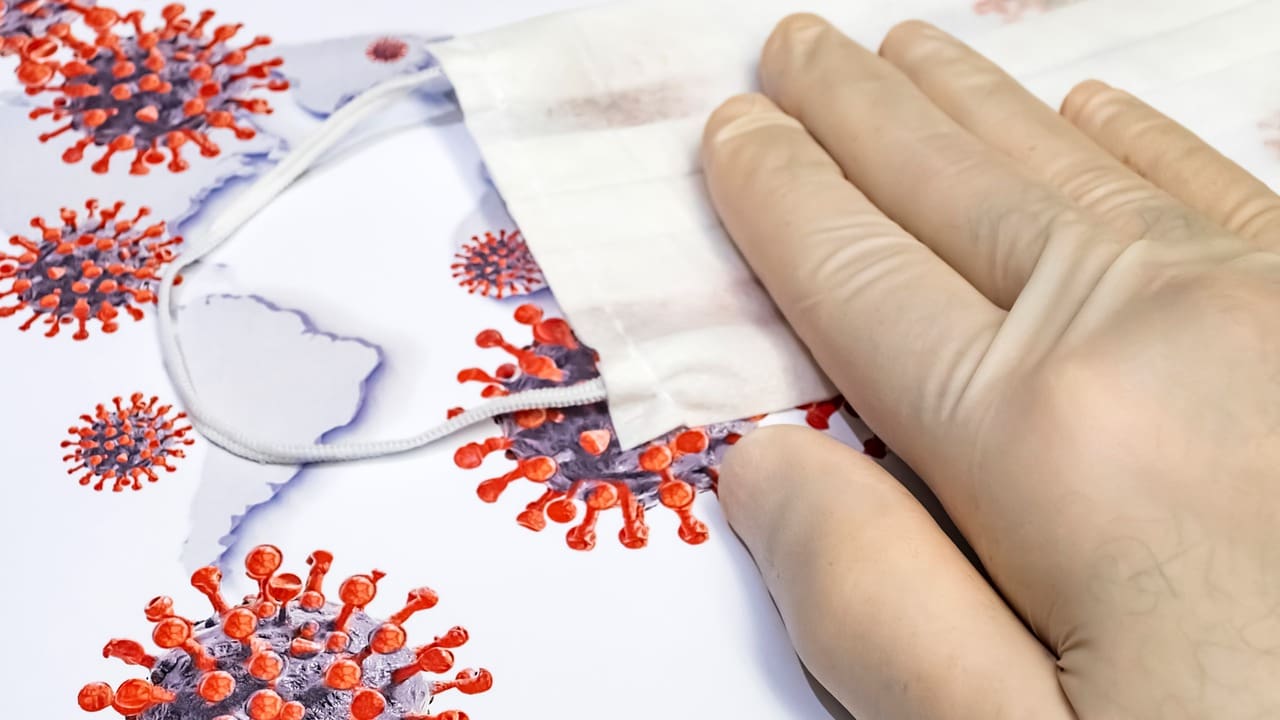
Respiratory infections are among the most common reasons for clinic and emergency visits. Viral upper respiratory infections (URIs) cause sore throat, nasal congestion, runny nose, and cough. Most URIs resolve with rest, fluids, saline rinses, and over-the-counter symptomatic relief.
You should seek care when symptoms last longer than expected, you develop high fever, shortness of breath, chest pain, or if you have underlying conditions like COPD, asthma, heart disease, or immunosuppression.
Lower respiratory infections such as bronchitis and pneumonia may require chest imaging and, if bacterial, antibiotics. In older adults, symptoms can be subtle: confusion, weakness, decreased appetite, and falls. Vaccination against influenza and pneumococcus significantly lowers the risk of severe disease and hospitalization.
If you have chronic lung disease, a personalized action plan with your clinician can help you recognize early warning signs and start treatment promptly.
Understanding Antibiotic Resistance and What You Can Do
Antibiotic resistance means bacteria adapt to survive medicines that once killed them. Drivers include overuse of antibiotics for viral illnesses, not finishing prescribed courses, unnecessary broad-spectrum drugs, and agricultural antibiotic use. Resistant infections like MRSA, ESBL, and VRE can be harder to treat and may require IV medications with more side effects.
How patients can help:
- Only use antibiotics when prescribed.
- Take them exactly as directed and never share.
- Keep vaccination current to prevent infections that might otherwise need antibiotics.
- Practice good hygiene and wound care.
- Ask your clinician if testing can confirm a bacterial infection before starting antibiotics.
Our clinic participates in antibiotic stewardship, ensuring the right drug, dose, and duration for every patient.
Liv Hospital Infectious Diseases Department
At Liv Hospital Infectious Diseases Department, diagnosis, treatment and follow-up of diseases caused by microorganisms (bacteria, viruses, fungi, parasites) in our body are carried out in the light of up to date information.
In our department, febrile diseases, influenza, sexually transmitted diseases and screening after suspected sexual intercourse, diarrhea, HIV, AIDS, jaundice (hepatitis), typhoid, brucellosis, respiratory tract infections, urinary tract infections, soft tissue infections, osteomyelitis, spondylodiscitis, extrapulmonary tuberculosis, etc. are monitored and adult immunization (vaccination) and travel medicine consultancy services are also provided.
For more information about our academic and training initiatives, visit Liv Hospital Academy.
Frequently Asked Questions for Infectious Diseases
How to avoid infectious diseases while traveling?
Schedule a pre-travel consult for vaccines and medications, use insect repellent, drink safe water, eat
well-cooked foods, and seek care if you get sick after travel.
Do infectious disease doctors diagnose cancer?
No. They focus on infections. However, they may coordinate with oncology if an infection occurs
during cancer treatment.
How do inoculations (vaccines) protect against infectious diseases?
Vaccines train your immune system to recognize pathogens so you can fight them off quickly,
preventing illness or reducing severity.
Is malaria an infectious disease?
Yes, but it spreads via mosquito bites, not casual contact. Pre-travel prevention and prompt treatment
are essential.
Is influenza an infectious disease?
Yes. The flu spreads easily through droplets. Annual vaccination and staying home when sick help
protect you and others.
Is hepatitis an infectious disease?
Yes. Hepatitis A spreads through contaminated food/water; B and C through blood/body fluids. A and B
are vaccine-preventable; C is treatable and often curable.
Is pneumonia an infectious disease?
Yes. Pneumonia is commonly caused by viruses or bacteria and can be contagious. Vaccination and
timely care reduce severe illness.



